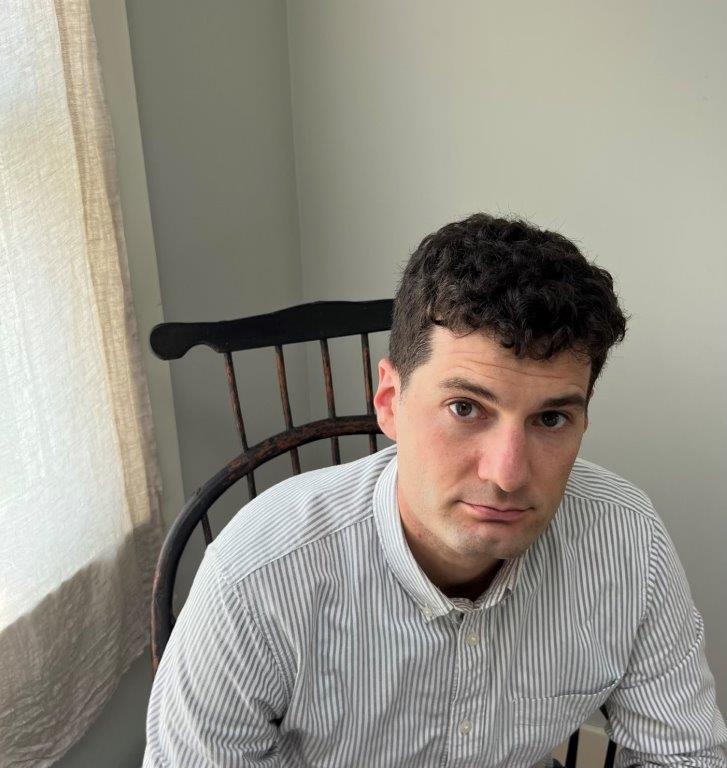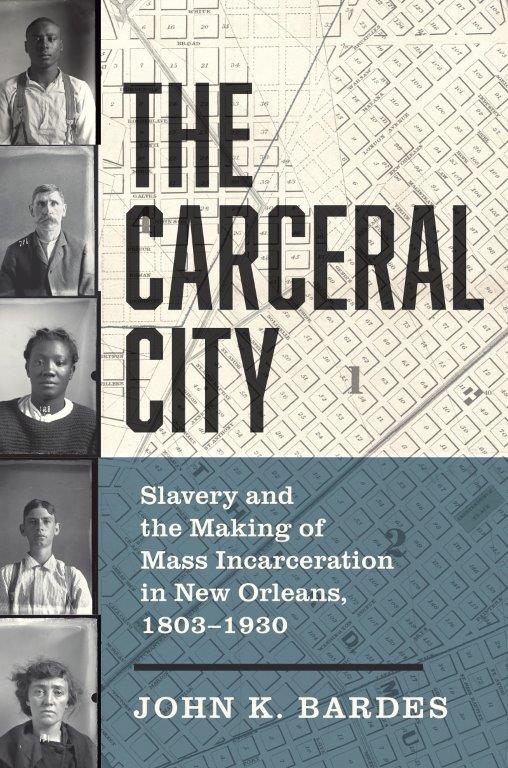Americans often assume that slave societies had little use for prisons and police because slaveholders only ever inflicted violence directly or through overseers. Mustering tens of thousands of previously overlooked arrest and prison records, John K. Bardes demonstrates the opposite: in parts of the South, enslaved and free people were jailed at astronomical rates. Slaveholders were deeply reliant on coercive state action. Authorities built massive slave prisons and devised specialized slave penal systems to maintain control and maximize profit. Indeed, in New Orleans—for most of the past half-century, the city with the highest incarceration rate in the United States—enslaved people were jailed at higher rates during the antebellum era than are Black residents today. Moreover, some slave prisons remained in use well after Emancipation: in these forgotten institutions lie the hidden origins of state violence under Jim Crow.
With powerful and evocative prose, Bardes boldly reinterprets relations between slavery and prison development in American history. Racialized policing and mass incarceration are among the gravest moral crises of our age, but they are not new: slavery, the prison, and race are deeply interwoven into the history of American governance.

